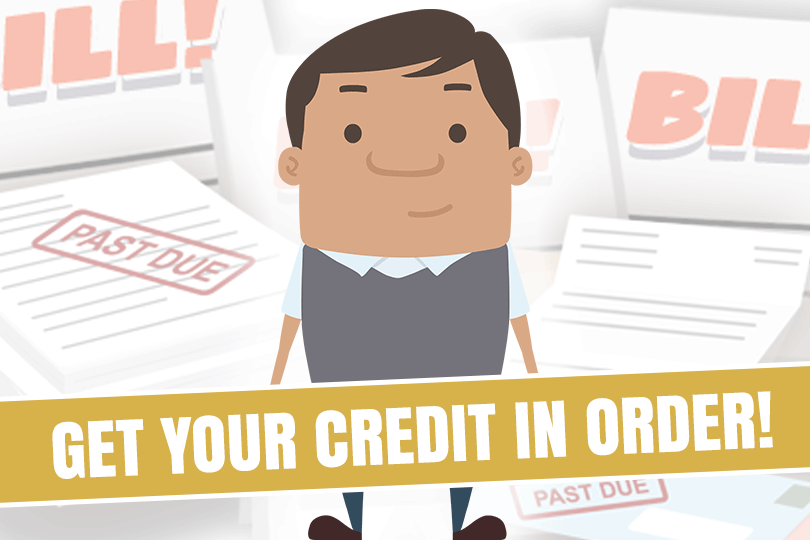What You Need To Know About FHA Loans And Preapproval
November 26, 2024
Preapproval for a home loan means a credit check, so be prepared to fill out basic credit information as part of the process.
Some at this stage might wonder: "Will applying for pre-approval hurt my credit score?"
What's a FICO Score and Why Should I Care?
Your FICO score is a three-digit number that sums up your risk as a borrower. It's based on your credit history, and FHA lenders use this score to decide if they want to give you a loan and what interest rate they'll charge. The higher your score (the best is 850), the better your chances of getting a good deal.
Good News About Pre-Approval
Applying for pre-approval typically results in a temporary change to your FICO score. Why? Because lenders perform a "soft inquiry" on your credit. It's like a quick background check, not a full-blown credit application. They can look at your credit history, but it doesn't affect your score.
Shop Around For An FHA Lender Without Worry
You know how you compare prices before you buy something big? Well, FICO knows you do that with mortgages, too. They have a "rate shopping window," usually 45 days long, and during this time, you can apply with multiple FHA lenders, which only counts as one inquiry on your credit report.
Things That Can Affect Your Score
If you apply with FHA lenders over a long period (past the 45-day window), it can look like you're desperate for credit.
Also, make sure your credit report is accurate. Credit report mistakes are more common than you might think. They can lower your score, so check your credit before you apply and fix any errors.
Keep Your FICO Scores Safe
Want to minimize any impact on your credit score? Here's one plan to consider:
- Apply within the 45-day window: Get those pre-approvals done quickly to take advantage of the rate shopping feature.
- Don't go overboard: It's good to compare offers, but don't apply with every lender under the sun. Pick a few that seem like a good fit.
- Check your credit report: Before applying, get a copy of your credit report and make sure everything is correct.
Keep in mind that pre-approval doesn't guarantee you'll get the loan. It's a good estimate, but the lender will examine your finances more thoroughly before they give you final approval.
Getting pre-approved is a smart step when you're buying a home. Be smart about how you apply, and keep your credit report clean.

FHA Loan Articles
November 26, 2024
Thinking about buying a home? One of the first things you'll want to consider doing is filling out forms to be pre-approved for your FHA mortgage. This means a lender takes a look at your finances to figure out how much they're willing to loan you. It's a smart move, but you might be wondering: "Will applying for pre-approval hurt my credit score?"
November 25, 2024FHA mortgages include a refinance option that allows you to pull equity from your home in cash. The FHA cash-out refinance loan allows the borrower to take the difference between what remains to be paid on the home and the amount of equity built up.
The FHA loan program has some competition in this area, but how do your other government-backed refinance loan options measure up?
November 21, 2024The dream of homeownership is with some from a young age. But in an uncertain housing market, some grapple with the question: Is buying a home the right move for me?
While renting offers relocation flexibility and lower upfront costs, homeownership provides a wealth of financial and personal benefits.
November 20, 2024Refinancing your mortgage offers a way to cash in on your home equity, potentially reduce your interest rate, or modify your loan term. Borrowers ready to consider have options including FHA loans and conventional loans.
While both provide avenues for refinancing, each loan type may be best for specific needs and financial circumstances. What are the differences between FHA and conventional refinance options?
November 14, 2024The home you want to buy might seem perfect, or it may have a few flaws that are acceptable in the grand scheme of things. But what about issues you can’t spot just by walking through the property a few times? A home inspection provides an unbiased, expert assessment of the property's condition, uncovering potential issues that might not be noticeable to the untrained observer.







